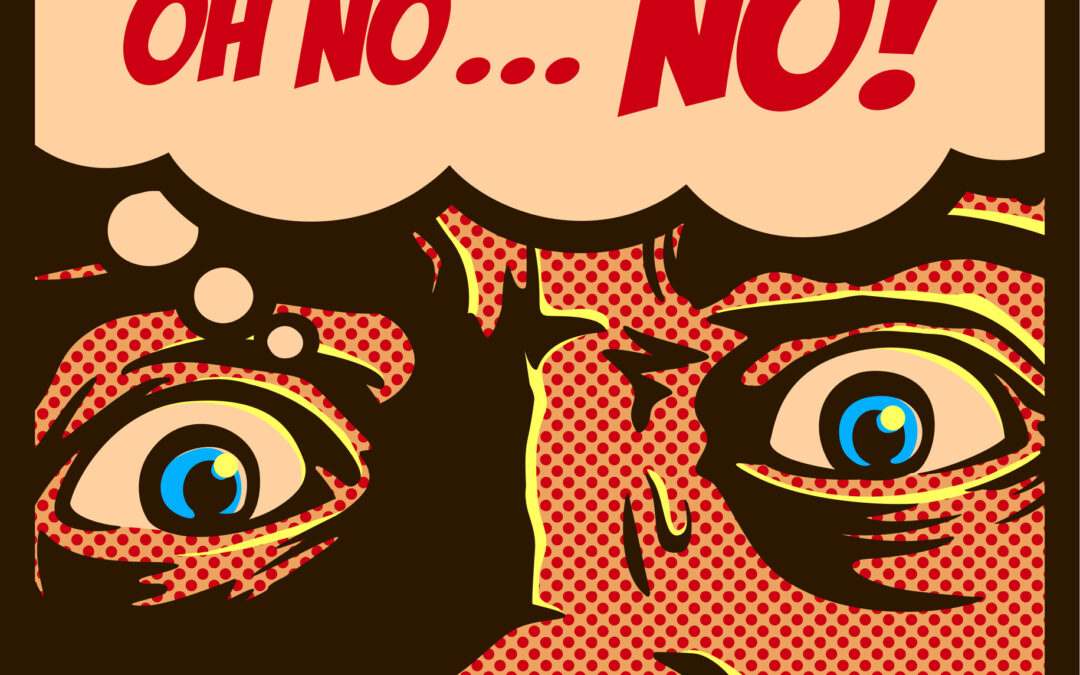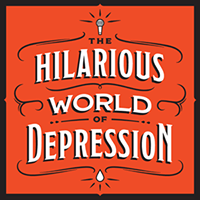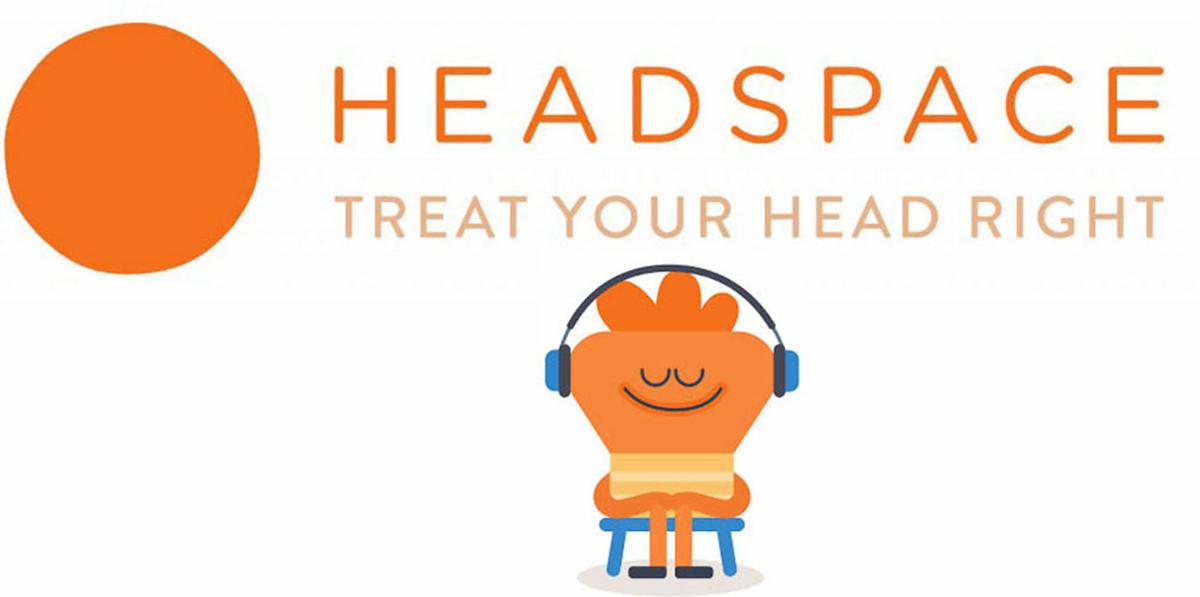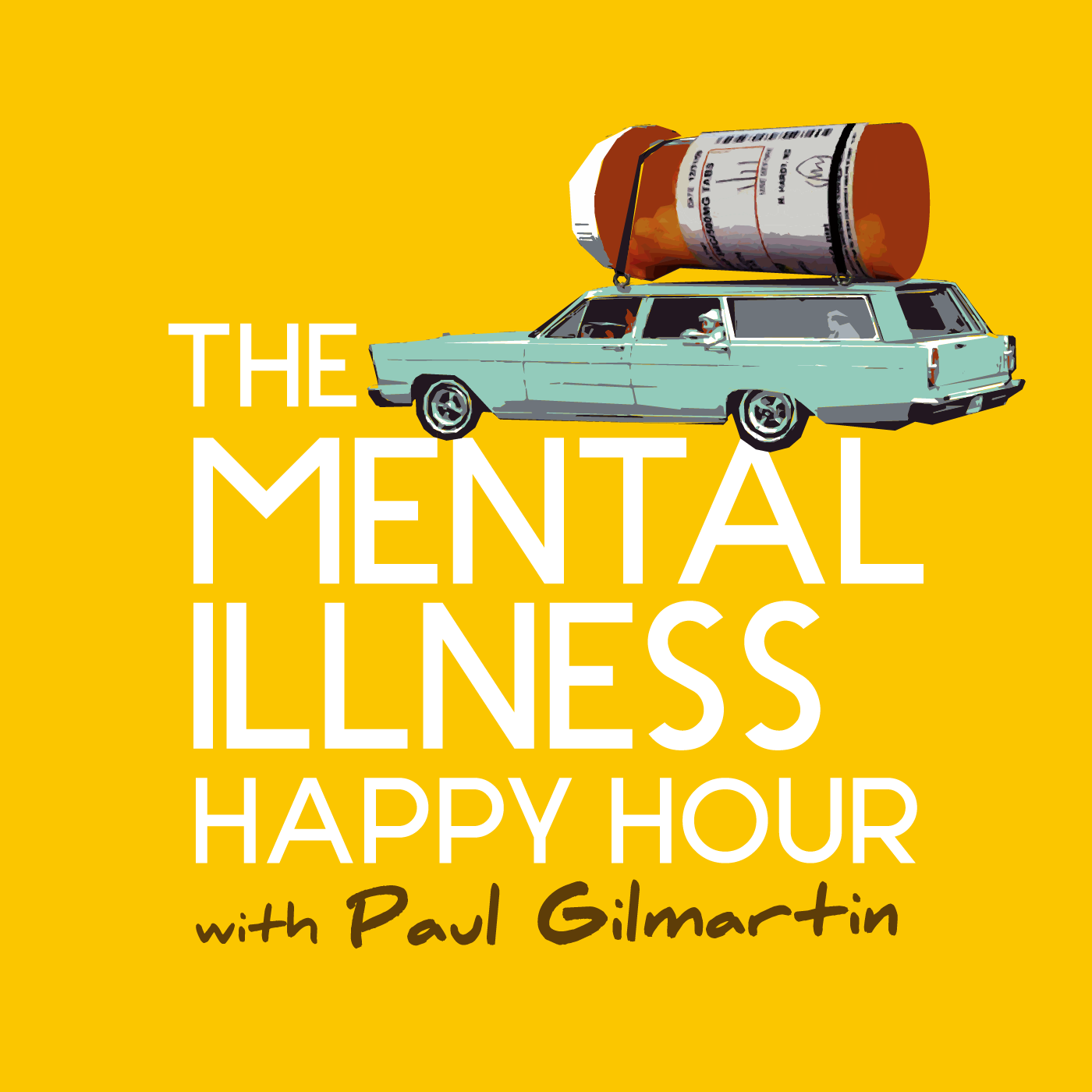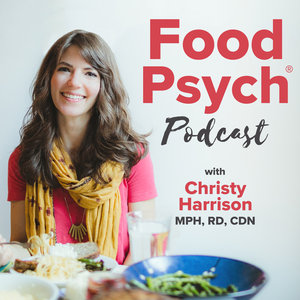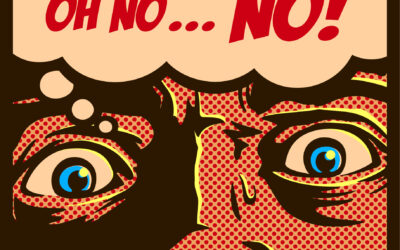If you have ever had a conversation with your therapist about coping skill development, you have probably received a recommendation to begin a journaling practice. Understandably, sometimes journaling is met with skepticism - What does writing about my emotions solve,...

Journaling and Mental Health
If you have ever had a conversation with your therapist about coping skill development, you have probably received a recommendation to begin a journaling practice. Understandably, sometimes journaling is met with skepticism – What does writing about my emotions solve, and why is writing so widely recommended?
Processing Emotions
-
Putting emotion on paper engages the prefrontal cortex – the part of the brain which puts language to emotion, grounds us in the present moment, and assists in regulating emotion.
Memory Consolidation
-
Put simply, memory consolidation is a process by which information in short-term memory is transferred to long-term memory. Writing about your experiences – positive or negative – strengthens the parts of the brain associated with this consolidation. What this means is that, over time, we become better at accessing various parts of a memory (sound, taste, touch, smell, thought, etc.) and this allows us to better make sense of memories that may be difficult or traumatic in nature.
Stress Reduction
-
Journaling has been found to activate the parasympathetic nervous system (the “rest and digest” response/the antithesis of fight/flight/freeze). Cortisol levels drop, breath deepens, heart rate begins to slow. Suddenly, the writer is able to be more present with themselves as they process.
More than what researchers have shared with us about how journaling impacts the brain (as noted above), put simply – writing with and for ourselves fosters an internal relationship. We are in relation with ourselves more often than we are anyone else, yet rarely are we taught what it means to interact with self or how to do so in a compassionate way.
If you are interested in exploring journaling but are unsure where to start, here are some prompts to explore:
-
I feel __________ about journaling because…
-
My relationship with myself could be described as…
-
I want my relationship with myself to be more…
Remember, journaling is as individual as you are. Let there be spelling mistakes, run-on sentences, scribbles, and even drawings. Humans are gritty and messy; let the way you cope be gritty and messy, too.

Journaling and Mental Health

Life Hacks For When Everything Feels Hard
Mental health challenges like depression, anxiety, and ADHD can make for difficult days. Ideally, with the right combination of therapy, coping skills, or medication, there won’t be so many hard days. But sometimes we hit a rough patch or experience a stressor or...
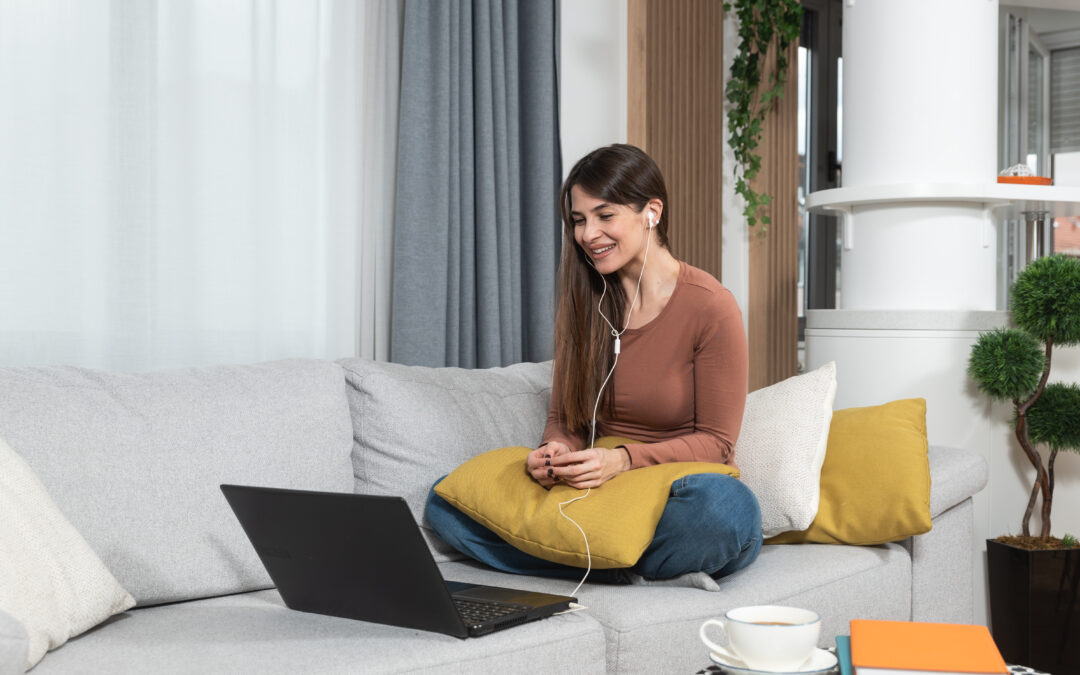
What to Expect in Your First Counseling Session
So you made the decision to start therapy. You sorted through lists of available therapists, found Star Meadow, and made an appointment. Congratulations! This is the hardest step, and we’re so proud of you for taking it. For most people who have never been to therapy...

The 12 Best Mental Health Apps
Modern technology can be an amazing supplement to professional counseling. Check out these 12 Apps that come recommended for recovery from depression, eating disorders, PTSD, insomnia, and anxiety. DEPRESSION RECOVERY APPS 1. TalkLife (online support tool)...

7 Skills to Try When You Feel “Overwhelmed”
Have you ever felt completely overcome by an intense emotions? Have feelings at times felt challenging to manage and overcome? The experience of being “overwhelmed” is uncomfortable and impactful in your life at work, home, or school. Defining "Overwhelm" Emotional...



